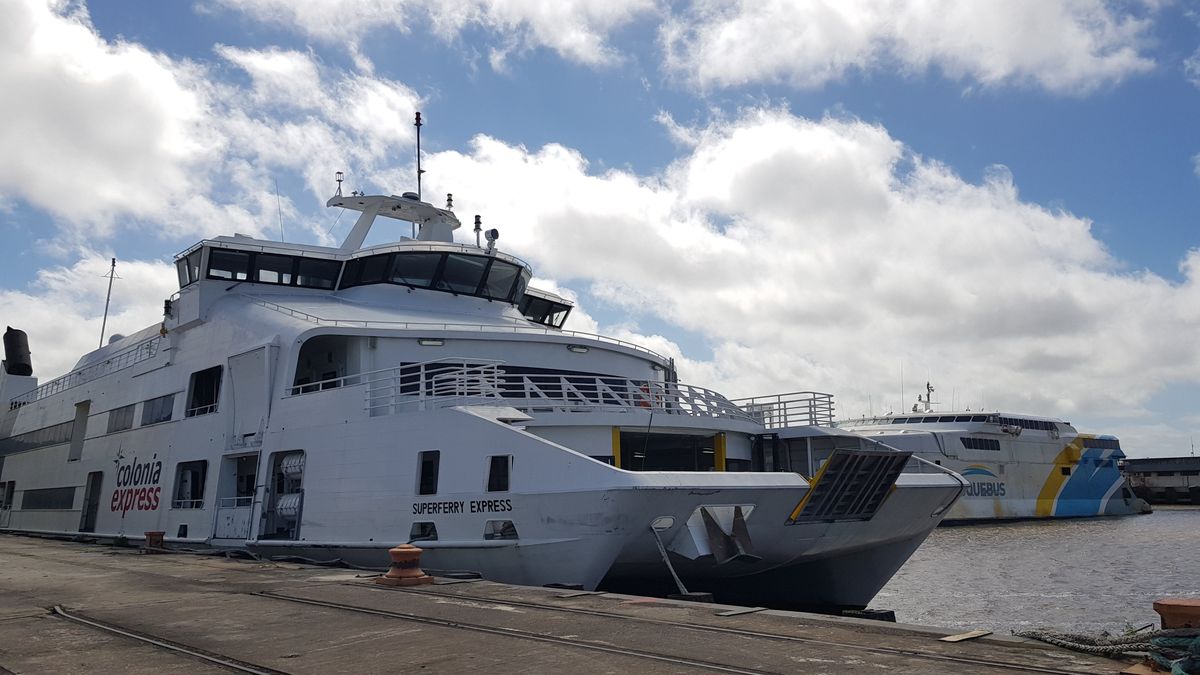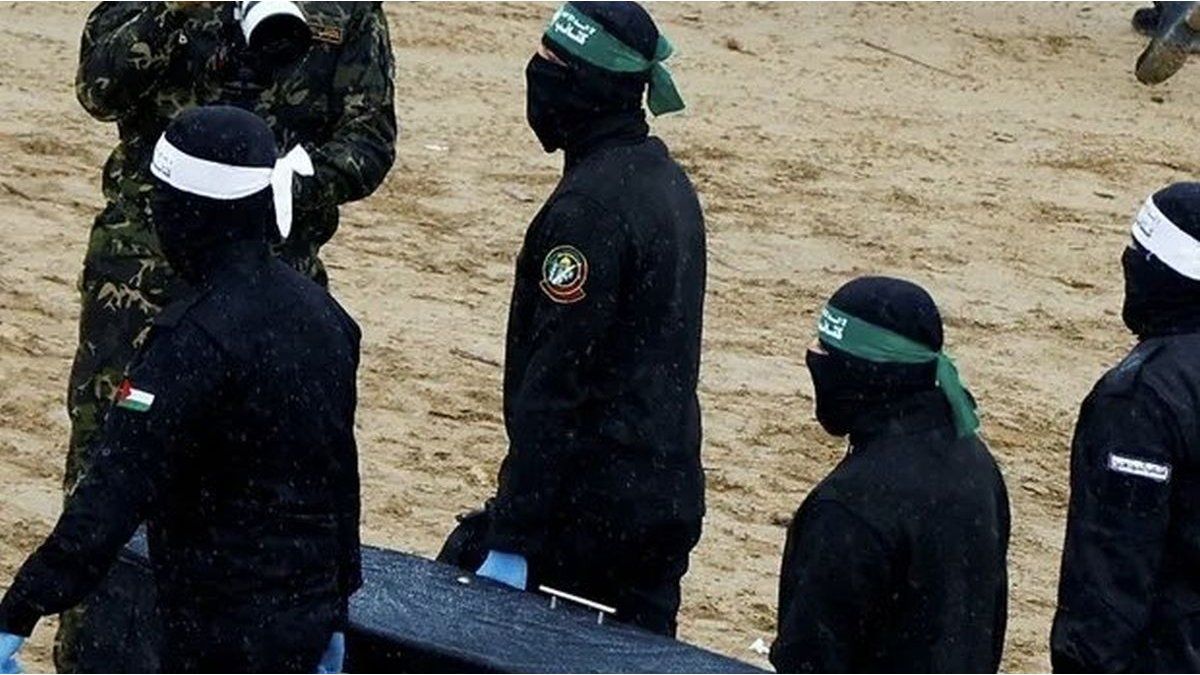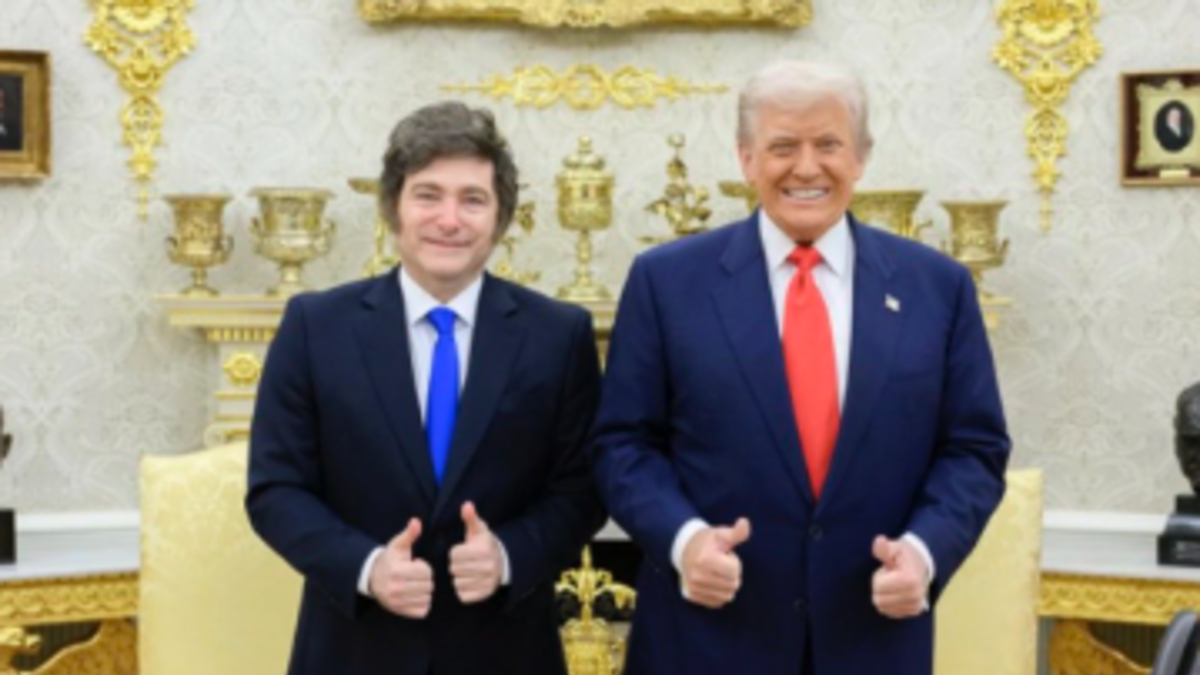Remo MonzeglioUndersecretary of Tourism, referred to the new river tax proposed by the government that intends to charge $2.10 plus VAT for those entering and leaving the country through the Uruguayan ports and assured that it does not seem exaggerated since it would contribute to improving the service.
As stated in the document international public tender No. 19/2022 approved by President Luis Lacalle Pou, the tax will help support the security service. Coinciding with the document, Monzeglio assured on the Arriba Gente program on Channel 10 that he does not think it is exaggerated to add 2 dollars “to add a better and more modern service“
In this sense, the undersecretary He referred to the international context and stressed that the world is changing and that many countries are applying this type of measures because there is an increase in costs in a framework where “tourism massive, predatoris back.” The leader brought the example of the Italian city of Venice where a tax is charged to people who visit but do not spend the night there.
The keys to the tax
Last week it was announced that the government awarded the International Public Tender No. 19/2022 called for the contracting of a “turnkey solution”, with the objective of installing a border control system “for passengers entering and leaving the Uruguay”. The winning consortium was the Consortium Promise made up of companies Veridos México Sociedad Anónima de Capital Variable and Veridos GMBH, that the service will operate for 10 years, according to El País.
Likewise, the resolution signed by the president Luis Lacalle Pou and the Minister of the Interior, Luis Alberto Heber, points out that the price for the security service will be $2.10 plus VAT, a value that will be collected from passengers through shipping agents, who must retain and convert the amount collected to the successful bidder. Therefore, the contracting “will not generate income or expenditures borne by the Ministry of the Interior.”
The new mechanism will enable the analysis of the risk level of people who cross the border and the search in lists of Interpol of Uruguayan and foreign citizens, which will optimize alerts. It will be active in the 43 border points of the country.
The initiative for this project arose from private sphere, Since it was presented by Dafiway SA in 2018, a company that participated in three bidding processes—two of them carried out during previous administrations without achieving concrete results—and that, in the latter, also fell by the wayside.
Although he Court of Accounts (TCR) had observed the actions of the current government on two occasions, Lacalle Pou and Heber resolved on September 5 “reiterate the observed expenditurealso taking into account the urgency that exists to have the border control system tendered, in order to reinforce the control mechanisms of passengers entering and leaving the country, and implement technological advances that allow providing better security conditions in the country. border”.
For this reason, and although the call for tender provided for the implementation of the system twelve months after the signing of the contract, the resolution provides for “intervention” again to the Court of Accounts.
Objections to the rate
The resolution signed on September 5 led to objections from both the two companies that responded to the call for bids –objections to their competitors’ offers; as for Bus and Cologne Express, the two signatures of river passenger transport that operate in the Silver river and that, once the border control system is in place, they must charge the “security service” for immigration controls.
In this sense, for river companies the measure is “discriminatory”, because air or land transport is not taxed.
However, the president and the minister decided to move forward with the award “in accordance with what was suggested by the Adjudication Advisory Commission”, without giving rise to the requests made in this instance.
For its part, the TCR observed the process on two occasions: the first time, with four objections; and the second, with three.
Source: Ambito




